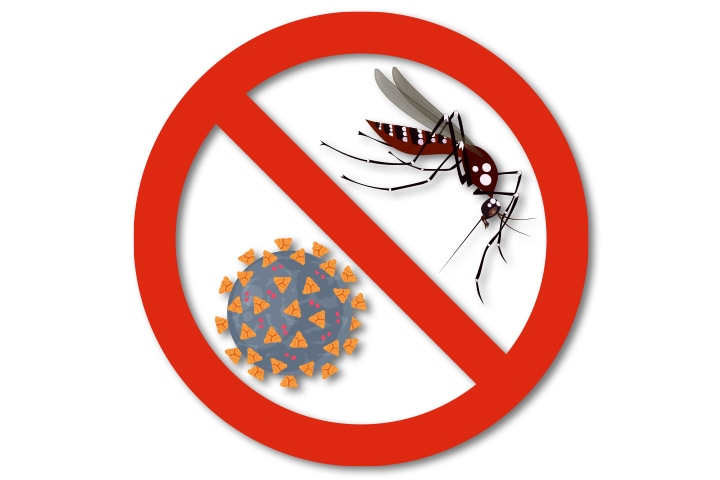In the lead-up to this year’s World Malaria Day, countries across the globe are in the throes of responding to the COVID-19 pandemic. While cases of the novel coronavirus in malaria-affected countries currently represent a small proportion of the global total, the situation is evolving rapidly. World Health Organization underlines the importance of sustaining efforts to prevent and treat malaria, using best practices to protect people from the virus.
World Malaria Day provides a common platform for countries to showcase their successes in malaria control and unify diverse initiatives in the changing global context. The theme for this year is: “Malaria In The Context Of Covid-19 – Zero Malaria Starts With Me”. The theme empowers individuals across the world to make a personal commitment to saving more lives and help communities and economies to thrive by ending malaria.
The world has made incredible progress against malaria. But we are still far from the end point we seek: a world free of malaria. Yearly, the global tally of new malaria cases exceeds 200 million. And every 2 minutes, a child dies from this preventable and treatable disease. The damage inflicted extends far beyond loss of life. Malaria takes a heavy toll on health systems, especially on the COVID-19 pandemic, sapping productivity and eroding economic growth. Urgent action is therefore required to get the global fight against malaria back on track. That is why WHO is calling for greater investment and expanded coverage of proven tools that prevent, diagnose and treat malaria.
There is need for renewed focus in Africa as the African Region continues to bear 90% of malaria cases and 91% of malaria deaths worldwide. Nigeria, the continent’s most populous country, accounts for 27% of malaria cases and 24% of malaria deaths globally. Supporting the most heavily-affected African countries will be critical to get the global malaria response back on track.
Reflecting on the increase in the interest and commitment to breaking the transmission cycle of malaria and eliminating it once and for all, the Centre for Disease Control and Prevention of the Federal Ministry of Health and the Anambra State Ministry of Health are at the forefront of the original global public health push for malaria elimination.
Over the last 10 years, donors have collectively supported procuring and distributing more than a billion insecticide-treated nets and more than a billion Artemisinin-based Combination Therapies (ACTs) globally. Eliminating malaria will make the world a better, safer place for future generations and enable millions of people to reach their full potentials, more so in this global era of COVID-19.
Malaria is caused by parasites belonging to the plasmodium group that lives inside the red blood cells. The disease is carried by female mosquito, known as the Anopheline mosquito. The disease is sequel to the development of the parasites, which manifest as malaria after eight to fourteen days or longer after the attack of mosquito by biting a person.
Just like COVID-19, one of the symptoms of malaria is fever. Therefore, to check the spread of malaria and, by extension, coronavirus, the World Health Organization urges the populace to observe all government’s and healthcare providers’ directives. We should take care of our health and protect others. We must keep our environment clean, devoid of bushes, stagnant water and every other thing that can attract mosquitoes. Wash your hands frequently with soap and running water or use hand sanitizer all the time.
If you must step out of your place of abode, wear face mask, while avoiding all public gatherings and maintaining social distancing. If you have fever, cough and difficulty breathing, seek medical care early. Stay home if you feel unwell and seek medical advice.
ALL HANDS MUST BE ON DECK TO ENSURE ZERO MALARIA IN THIS TIME OF COVID-19 GLOBAL PANDEMIC.









Comments are closed for this post.